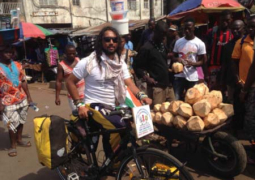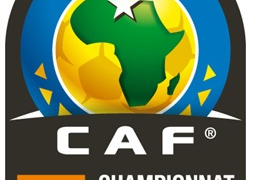The point raised by the newly-elected President of the Federation of West African Chambers of Commerce and Industry (FEWACCI), Bai Matarr Drammeh, in an interview with our reporter about the need for more cooperation, and not competition, in our bid to ensure regional integration, could not have been raised at a better time.
Mr. Drammeh stated that the world of tomorrow is not one of small nations, and that no small nation will in the long run be in the forefront of global competition, hence the need for integration.
What can be more truthful, given the fact that despite its vast resources and market, our sub-region and the continent in general has little to show in terms of integration.
We have always emphasized on these pages that we must become part and parcel of the global order, where regions unite their efforts at promoting growth and economic development.
Our sub-region has to rely more on itself by boosting its productive sectors, and increasing trade among member countries.
Without this, we will only be enriching others, and making ourselves poorer every day.
Another important point raised by the new chair of FEWACCI is the need to harmonise our laws and all security-related policies.
Our leaders, who from time to time meet to discuss about the sub-region, should put more emphasis on cooperation in key areas, notably trade and free movement of people and goods.
In the field of transport, our leaders must ensure that vehicles move freely between countries in the sub-region. They should have direct access to our respective capitals.
As the world continues to grapple with the effects of the economic downturn, our part of the world must not stand aside, merely watching.
There should be smooth unhindered movement of vehicles and people transporting goods from one country to the other.
Unless we integrate, our sub-region and the continent, in particular, will find it very difficult to save its people from poverty using its resources.
It is evident that since the establishment of the ECOWAS Commission, there have been many policies adopted to make economic integration a reality.
Unfortunately, the implementation of these policy instruments on the ground has always been sluggish.
Thus, we quite agree with Drammeh that being cut up into small countries, we are just wasting our time because that would not help our sub-region.
As he rightly said, the only thing that would help us is to come together for our economic survival, for our ability to participate in global competition, to have the infrastructure, and to have finished goods for export, and not continue to rely on the production and export of raw materials.
“
Barry McGuire



